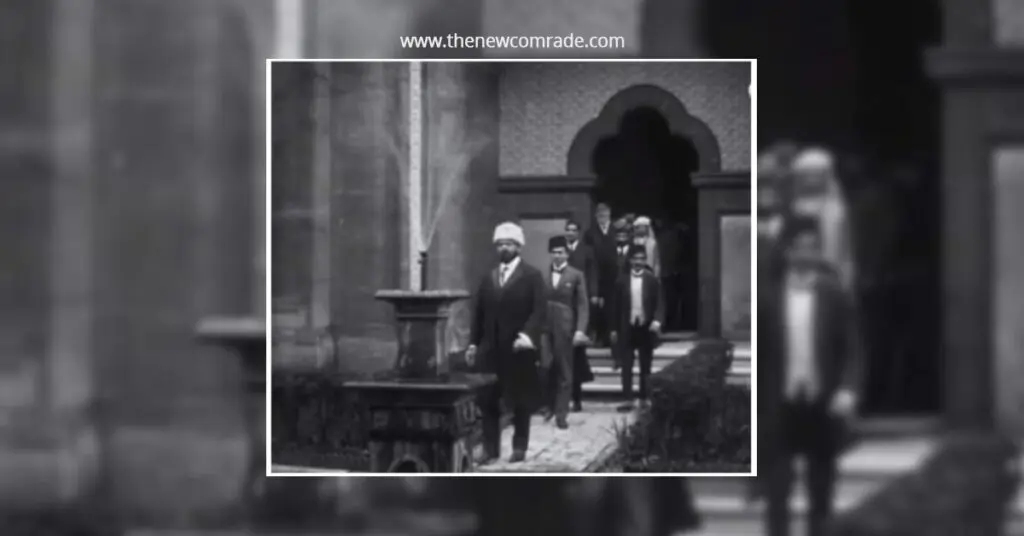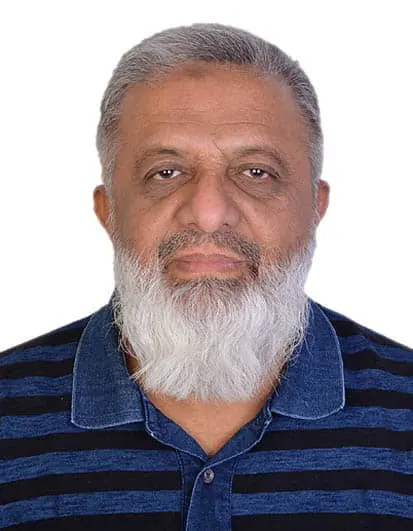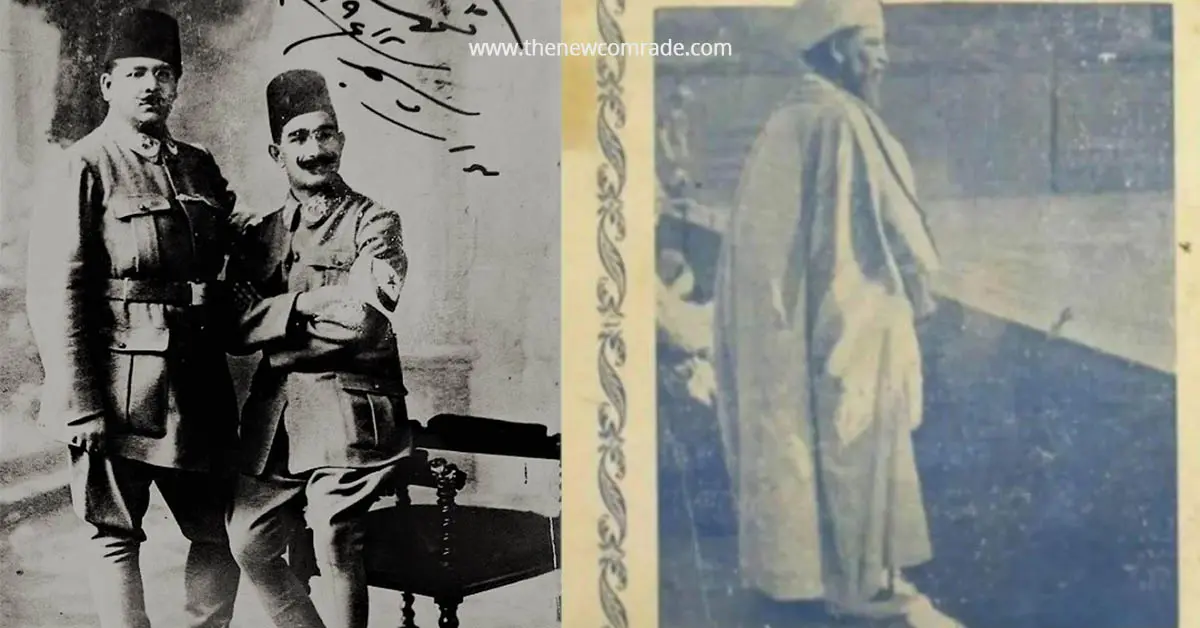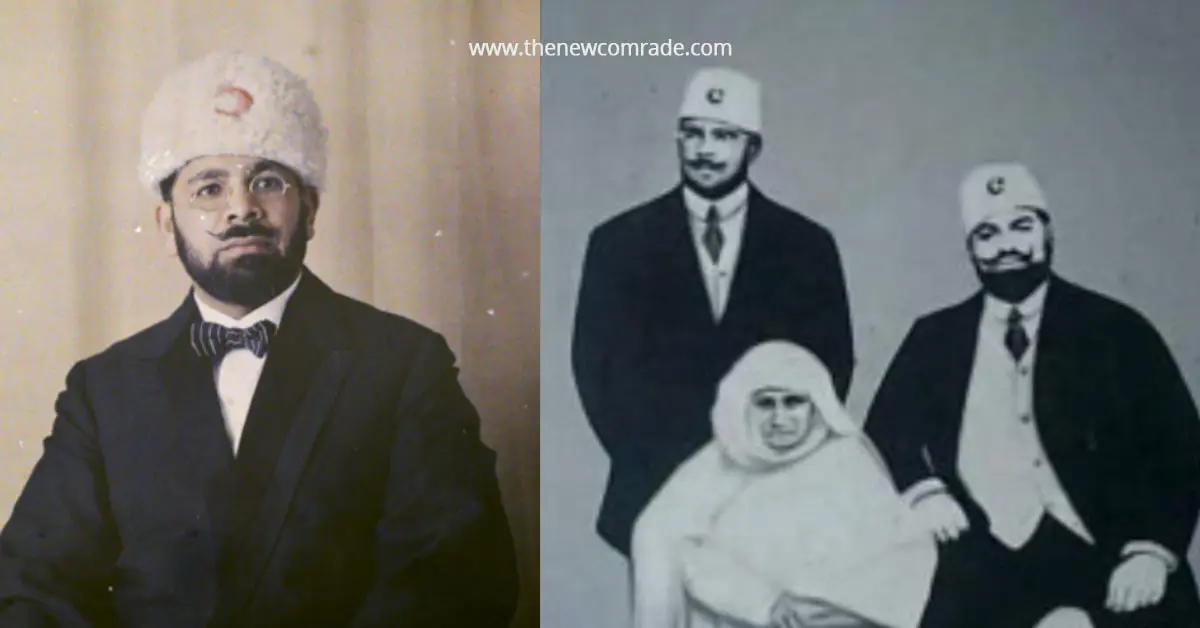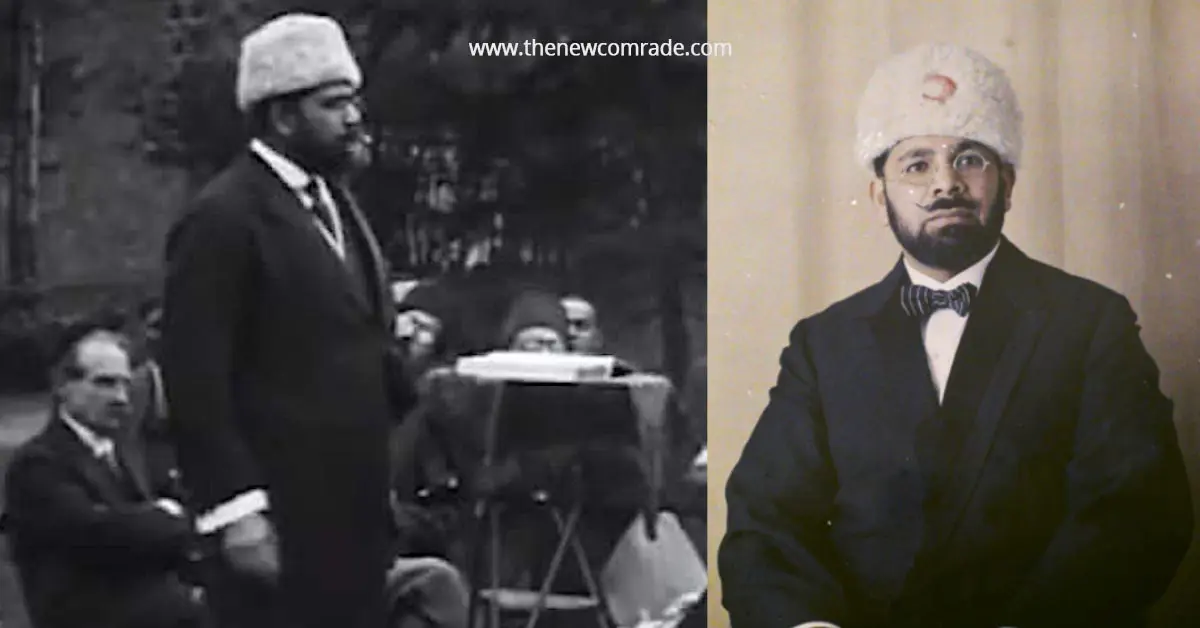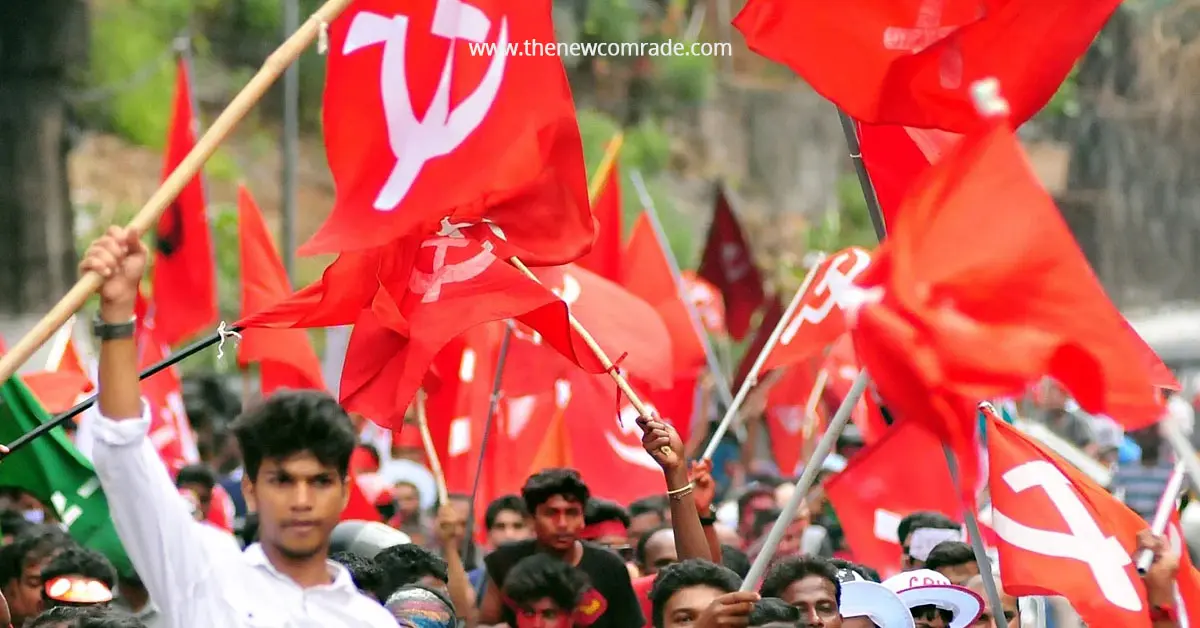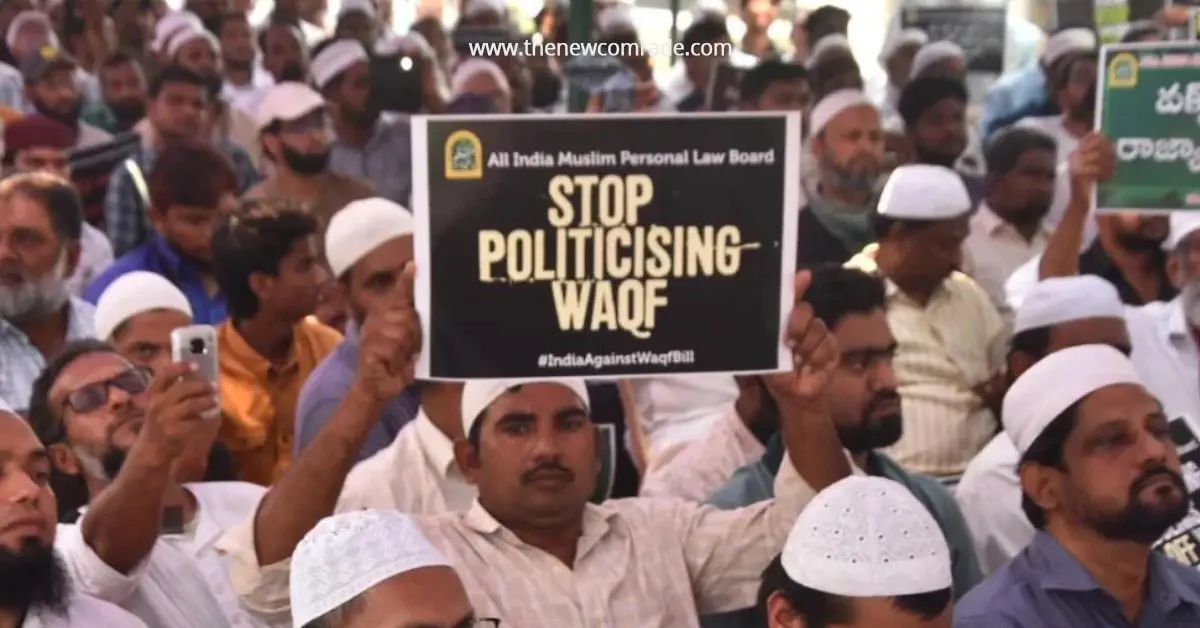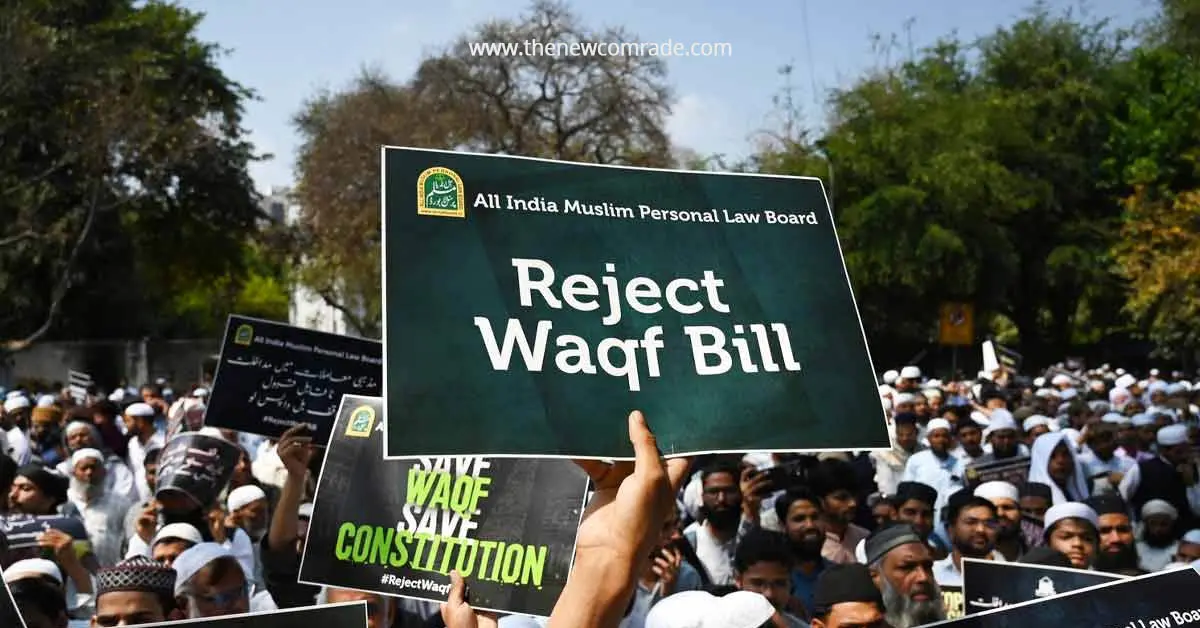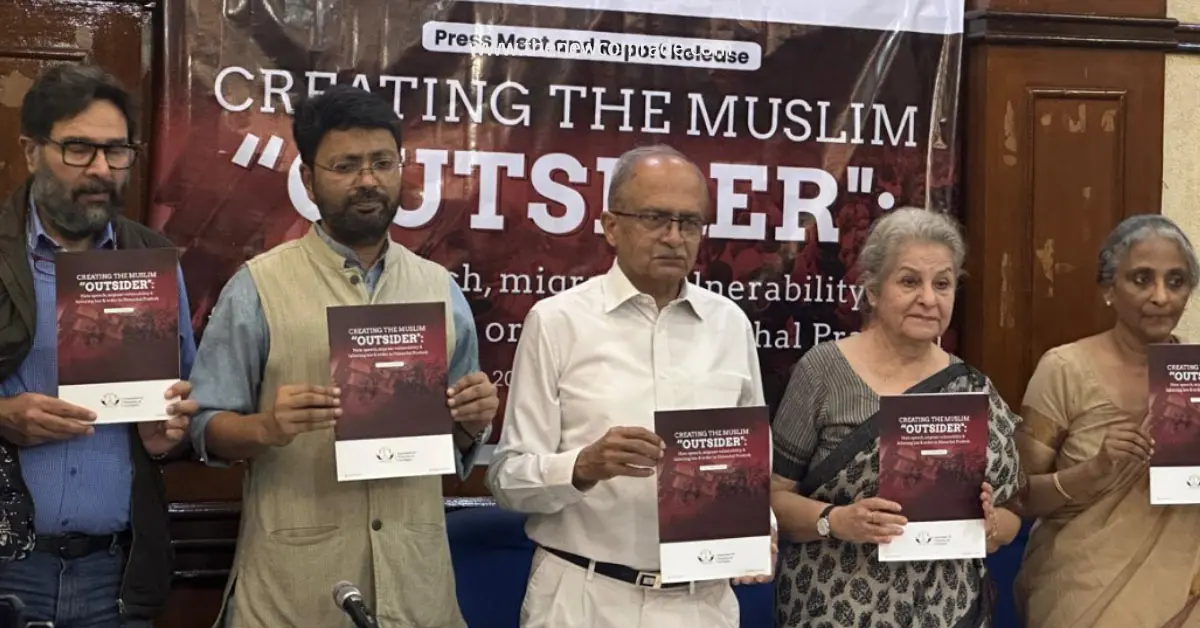The Evidence—Trivial Things
My friend the Public Prosecutor told you that we are very sincere, that we are people who are straight forward. I am thankful to him for this compliment. But he did this for his own purpose, and I am going to use it for my purpose now. Gentlemen, you will now understand that we are not the people who are going to be easily frightened into telling untruths to escape punishment, if we deserve it on the evidence laid before you.
Whatever evidence there is in this case is of a trivial character and I will not worry you about these trivial things. I am not going to bother about the evidence regarding the time. We left the Kanyashala or returned to it or about the Subjects Committee, which was led to prove our association. Association with whom? Association with my brother? In that case the Public Prosecutor could similarly have given the whole of our past history and with his chronological order should have been placed in the evidence before you that my brother was present at my birth that we live together in the same home, that he took away my pocket-money when we were in school—and when I demanded back my money he beat me black and blue. (laughter). This is association (laughter). All this, Gentlemen of the Jury, is trivial evidence. The main case is—Does the Queen’s Proclamation give protection to the Muslim religion or not?
My whole contention is that if we ask the Muslim soldier to give up serving in the British Army and to refuse to recruit, and ask other people not to be recruited, and we say and prove that it is to be found in the Quran, then, we are immune. You cannot punish us. Where the Penal Code is not opposed to the Quran, it stands. When the Penal Code is in antagonism to the Quran it does not stand. It must go. That is the whole case. If I am wrong in this, let the Judge decide, I will be content. You, Gentlemen, must not take what the prosecution says about individual opinion as affecting our case though even in that case we have got to think of the man’s religious feelings.
I have given you 17 or 18 out of the 34 Hadises [ahadith] and the six verses from the Quran, cited by Moulana Husain Ahmed Sahib. From these very citations the Gentlemen of the Jury and the presiding Judge may understand very clearly what a Muslim must not do. The Public Prosecutor has talked of verses cited without their contexts. It was to avoid this that I have given long extracts from the Quran so that you may be easily able to understand to the context. I say, ask any Muslim of any sect, send for any man— even the court chaprasi—and ask him to say if what I say is written in the Quran or not. He will easily point it out for you if he can read the Quran, and if he knows Arabic he will explain it for you. There would be no difference of opinion. I challenge the Government, I challenge the prosecution to produce any man, to produce any judicial opinion or Fatwa to show that what we declared is wrong. There might be a difference between the Shias and the Sunnis there is a difference about the Khilafet questions. The Shias do not believe in the Sultan’s Khilafat. There might be so in difference about some other matters ; but there is no difference of opinion about this. As regards non-co-operation generally there might be a difference of opinion. There might be men who are against relinquishing honours or service or giving up grants-in-aid to schools. They say this is a matter of business and not of friendship or co-operation; you may retain this grant or leave it. But, after all, it is a small minority that says so, and many of this minority have sold themselves to Government. But so far as the question of killing another Mussalman is concerned there is no difference of opinion. This is the main point.

The Charges
Now, Gentlemen, I want to say something about the charges. It is not for you, Gentlemen, nor for me, to object to the misjoinder of charges. If I am to address anyone on that point, I shall address the Judge. I think I am within my rights if I refer to this. But so far as you are concerned, I may tell you, Gentlemen, that any number of sections—109, 117, L20, 131 and 505 of the Indian Penal Code have been jumbled together for the purpose of creating confusions—though section 233 of the Criminal Procedure Code lays down that these several charges cannot be joined. Section 233 runs thus :—”For every distinct offence of which any person accused there shall be a separate charge and every such charge shall be tried separately except in the cases mentioned in sections 234, 235, 236 and 239; section 234 says when a person is accused of more offence than one of the same kind committed within the space of 12 months from the first to the last of such offences, he may be charged with, and tried at one trial for any number of them not exceeding three.”
The court—I do not think you should trouble yourself in reading this to the Jury. There cannot be any re- casting of the charges at this late stage.
Moulana Mahomed Ali—The general rule is that the individuals should be separately tried and the charges should be separately dealt with, because if this is not done it will prejudice the accused and it will prejudice the Gentlemen of the Jury and do not know why they are jumbled together, but it seems to me that all representing the Crown have criminally conspired (laughter) so that so many sections of the law have been brought in only to confuse everybody. I do not know whether any of you, Gentlemen, have understood them clearly. I did not quite understand what the first charge and what was the second charge—what was to go before you as Jury and what was to go before the Judge and before you as Assessors. It was not quite clear until to-day. When I was being brought here from Waltair, one of the Policemen escorting me in the special train asked me with what offence I had been charged. I did not know but told him that my warrant had recited sections 120, 121, 505 and 117. The Policeman drolly remarked in Urdu which mean: “They may apply as many as they like; for, after all they are homemade sections’ (laughter).
I wonder if any of you, Gentlemen, have played billiards. Well, there are three balls in billiard and you score by hitting your ball in such a way that it hits the other two or hits another and then drops into one of the packets attached to the table or forces the other balls into these packets. But sometimes those cursed ball lie on the table in such a manner that you don’t know what to do with them to score and this happens infernally frequently to the beginner. Well, the advice that you will in such a case get from the more experienced is to hit hard and trust the rest to luck (laughter) and not unoften score what is called a fluke in your opponent’s case and a very difficult stroke, of course in your own way (laughter). Weil, Gentlemen, that’s precisely what the prosecution has done with the charges, it has hit hard and trusts you and the Judge for a score. Cut off so many sections one or two may manage to stick (laughter).
Two Main Offences. The whole thing, so far as I understand, is that there are two main offences with which we are charged. The first offence is an agreement constituting criminal conspiracy and the second is the attempt to commit offence—(after interruption by the Court) agreement to commit a criminal offence which makes it a criminal conspiracy, and, secondly, to commit an action in pursuance of that conspiracy. There are the first two charges. Then comes the question of my statement, which was likely to seduce the troops from their loyalty. Then of course the abetment by the several co-accused. I am told the only thing that will come before you as Jury will be the attempt in pursuance of that conspiracy. But I will take up the first charge first—as regards an agreement, I am not quite sure whether any of you, Gentlemen, know that these sections, 120-A and 120 B, were added to the Penal Code not so very long ago, and I happened to be present in the Council meeting in which the Conspiracy Bill was passed. I was sitting in the Press gallery, during the lunch interval when my old friend, Sir William Vincent came into the hall of the Council. I was sitting with a distinguished Journalist who has since become a Moderate leader and particular friend of Government. Sir William Vincent asked me jovially if we two were conspiring. I said to him—”For conspiring, an agreement is necessary and as you know only too well I never agree with anybody (laughter).”
And, Gentlemen of the Jury, truly enough, there has been no agreement. No evidence has been laid about agreement whether here or in the lower court. “It is a matter of presumption,” says the Public Prosecutor. And it is really upon presumption that they are going to transport me for life to take me away from my family, to take me away from my girl, to take me away from my wife and aged mother—to take me away from my country which is still more important to me. And ail this on a matter of ‘presumption’. Not a single witness came in to say that there was even a discussion about it. I am not quite sure whether the Judge was filling the gaps in the evidence by asking us questions about this. Anyhow I said in reply that we never discussed the question about the troops. We are told by the prosecution that the accused knew more than the prosecution. I think that is perfectly true, As a matter of fact, the prosecution knows so very little (laughter) and they pretend to increase their knowledge with the assistance of the invention of the Police (laughter). Yes, the accused knew what the prosecution does not. But have they not put all their cards on the table before the Magistrate?
Genesis of the Prosecution
You, Gentlemen, have had a long recitation in this court when the clerk of the Crown read my statement I made in the lower cour. In that statement I showed very clearly the whole genesis of these prosecutions, and I hope you listened to it very carefully. It gives you the whole genesis of this case. Well, I am supposed to be a very frank man—we are very frank people. Ex-hypothesis, you will take it that we are truthful people also.
So far as any agreement to tell the Muslim troops in India, even what the law of Islam is concerned, there was none beyond this Resolution before you. But if today a man calls himself a Mussalman he is bound to abide by what is contained in the Qu’ran. If one single syllable of it I reject, I am not a Mussalman. I may be the worst sinner; I may be no matter however sinful —I will still be, so long as I do not reject anything out of this book—a Mussalman. But the moment I reject this however pious or otherwise I may be, I am not a Mussalman and whatever is contained in the Qu’ran I am required by the same law of the Qu’ran to go and preach to everybody in the world—even to non- Moslems.
Take the case of my revered friend here Maulana Hussain Ahmed Sahib. He has been teaching in Medina—he is the disciple of Maulana Mahmud-uI-Hasan Saheb, the late Shaikh ul Hind. It was from the Hejaz that he was arrested and taken to Egypt and then to Malta. He was teaching at Medina for ten years. He taught there the Prophet’s traditions. Supposing he sits outside his house and he reads the Quran and he reads those very verses that whoever kills a Muslim wilfully will find his reward in Hell, he will abide therein ever. God’s wrath will be with him. God will curse him. And God has prepared for him a severe torment. Supposing when he was reciting this, a Muslim soldier was passing there. Will you say that Maulana Hussain Ahmed has committed a crime under section 505, Indian Penal Code? If you will say this then why all this tall talk about toleration? Or, suppose a Muslim sepoy comes to a mosque; would the Maulana be a criminal because he recited this verse in the service while that soldier was there? Take another case: A sepoy comes to him and says —”Maulana, I want to know what is the law of Islam: I am required to go to Mesopotamia to fight against the Khilafat, is it lawful for me to go there and fight against Mussalmans?” The Maulana says it is unlawful. If he says it is lawful then he becomes a Kafer. If he keeps silent God will curse him and the whole world will curse him. Therefore he will have to say—”No it is not lawful. It is his duty as a religious teacher when a man comes in and asks him what is the Islamic law, to explain to him truly the law of Islam. But if he cannot for fear of the Penal Code tell the truth then the curse of God comes in.
(To be continued)
